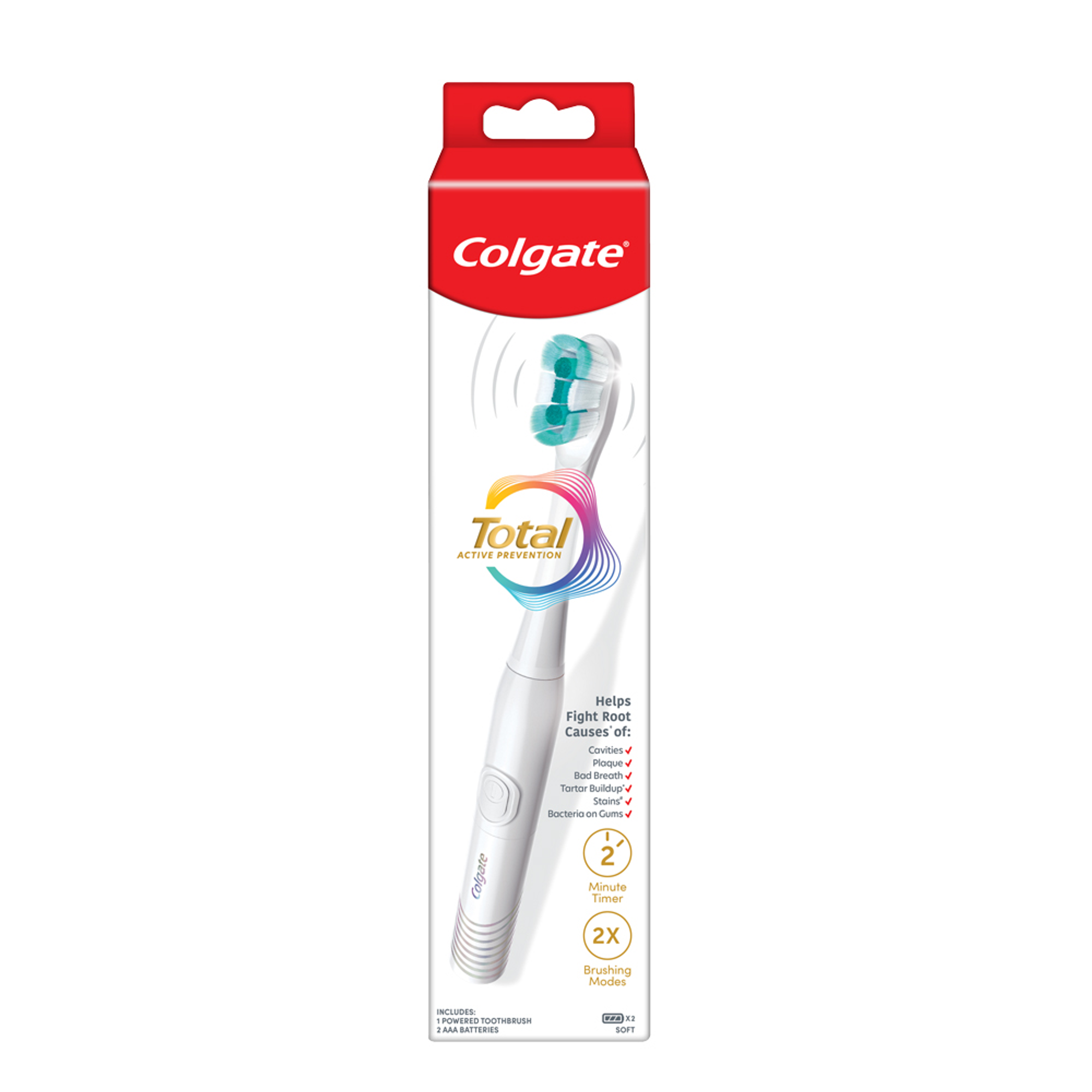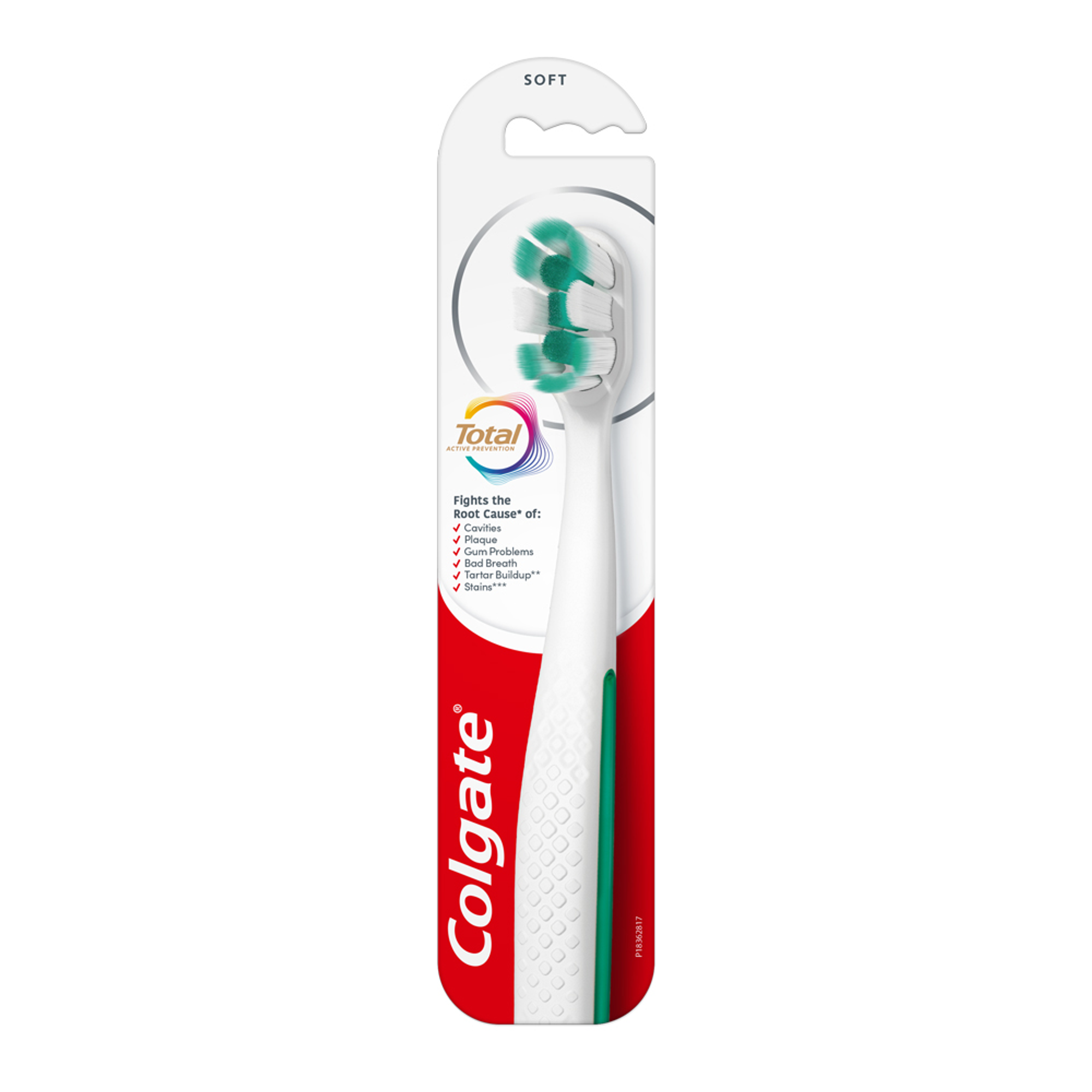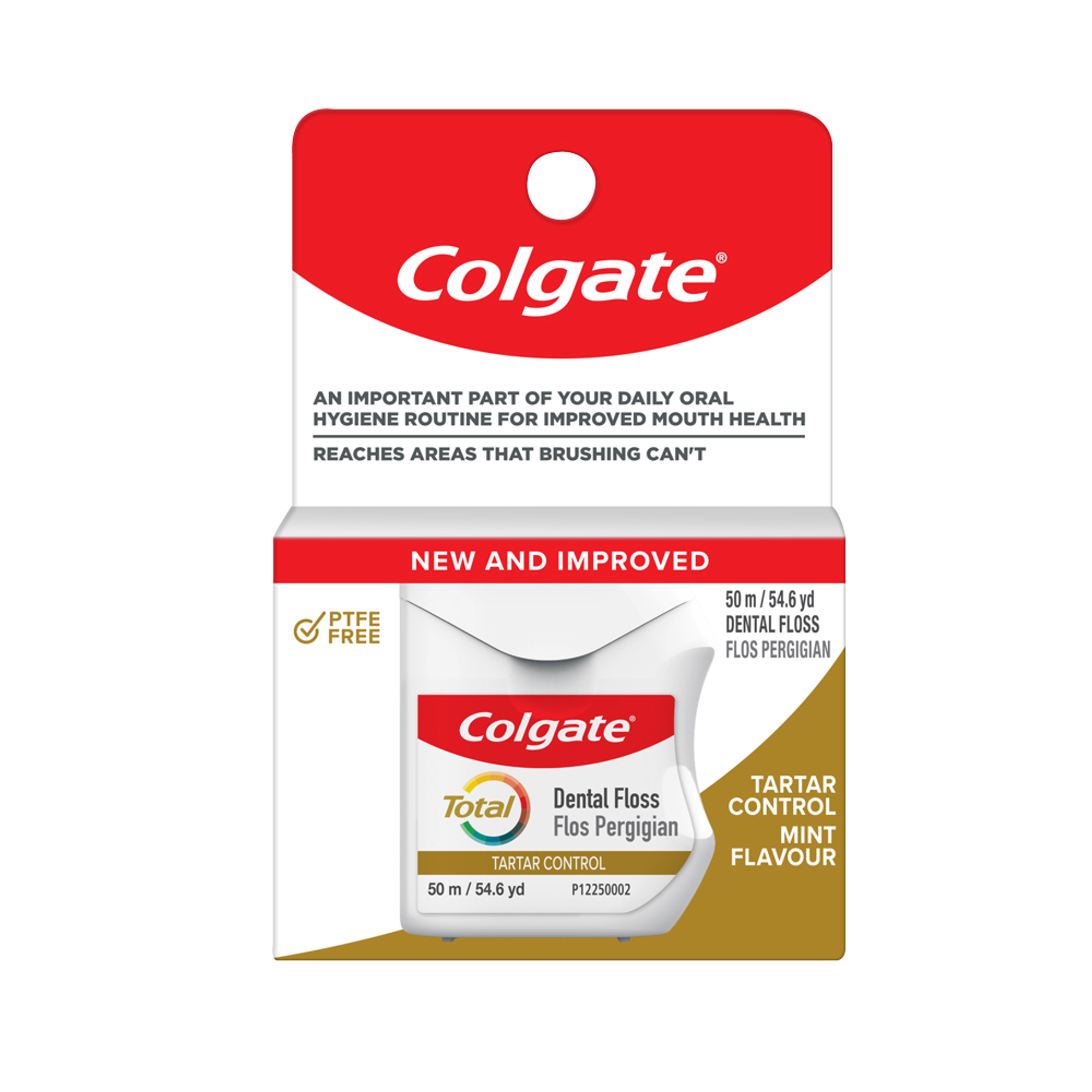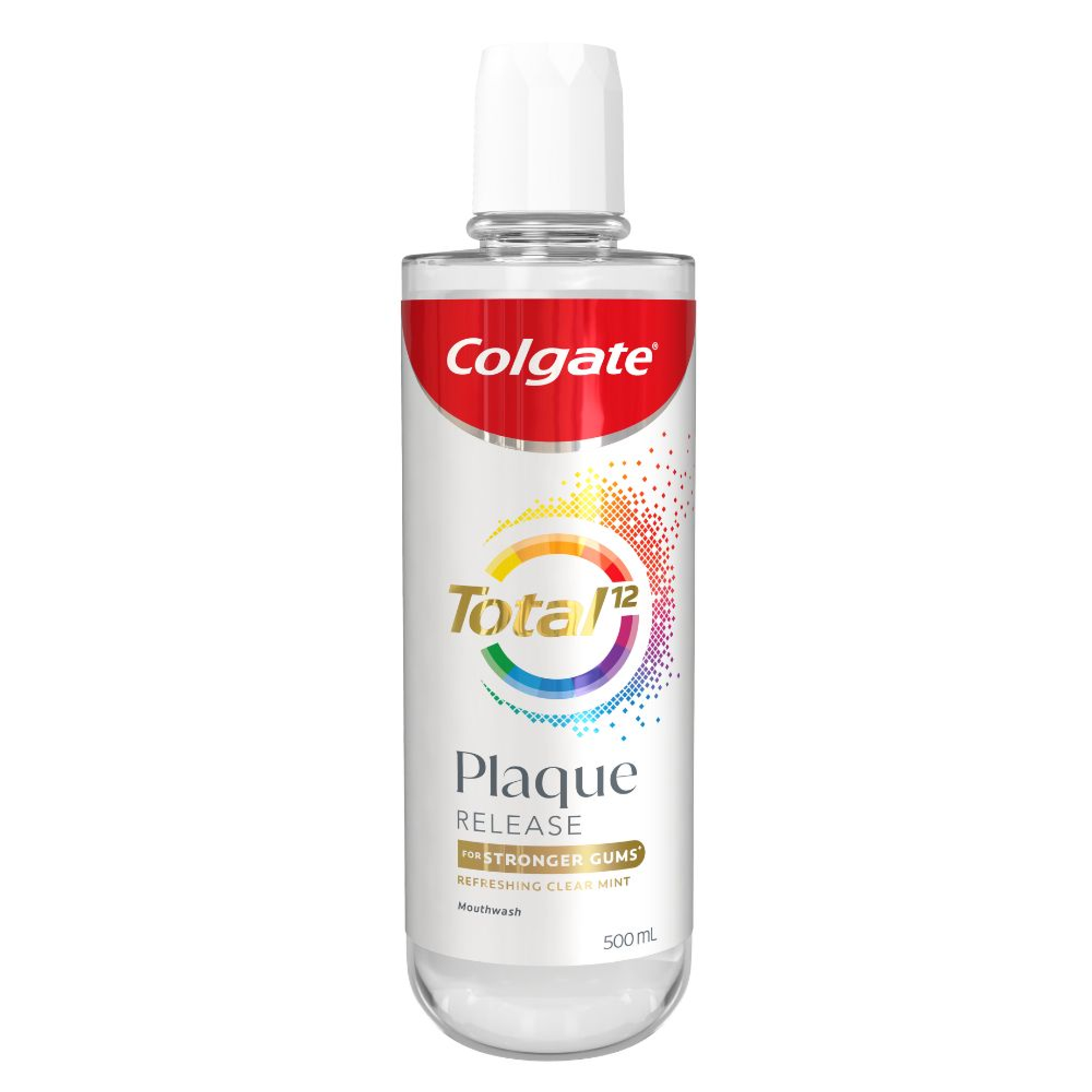-
-

FLUORIDE
Discover how stannous fluoride toothpaste prevents cavities and other oral health issues. Learn the key benefits of fluoride for teeth and its best uses.Fluoride plays a vital role in oral healthcare...

TEETH WHITENING
Teeth Whitening Serum for a Brighter, Confident SmileWho does not want whiter and brighter teeth? Thanks to the many teeth-whitening products available today...
-
Science & Innovation
- ORAL HEALTH ASSESSMENT
- Colgate® | Toothpaste, Toothbrushes & Oral Care Resources
- Oral Health
- What Causes Cheek Swelling?


Common Causes of Cheek Swelling
There are many possible causes of swollen cheeks. In some cases, the swelling may result from an injury or trauma, such as a fall or burn. It may also occur after surgery to the jaw or other nearby areas. Sometimes, the swelling is unilateral, which means it occurs on just one side of the face, while other times, it's bilateral, meaning both sides of the face are affected. Your doctor or dentist will assess your symptoms against the following possible causes to determine the source of the swelling.
- Salivary Gland Infection:A large pair of salivary glands known as the parotid glands are located in the cheeks. If these glands become infected, they can swell, causing the appearance of swollen cheeks. Sometimes, the infection affects just one of the glands, but if both glands are involved, the infection is called parotitis or parotiditis.
- Tooth Abscess: A tooth abscess may lead to cheek swelling. This infection occurs when bacteria enters the pulp of a tooth, which may happen if you have a cracked tooth or a large cavity that hasn't been treated. In addition to cheek swelling, people with tooth abscesses may have pain, fever, tooth sensitivity, difficulty in opening your mouth or difficulty in swallowing, notes the Ministry of Health (MOH).
- Angioedema: Angioedema, a skin reaction, may be associated with swollen cheeks too. This reaction can be triggered by food or medication allergies, physical environments such as heat, cold, sunlight or exercise, as well as certain medical conditions such as thyroid disorders, blood disorders (e.g. leukemia or lymphoma) and certain autoimmune diseases, explains Tan Tock Seng Hospital. Angioedema appears as large swollen areas under the skin. The affected areas can also be red, painful or warm.
- Sinus Infection: Sinusitis, also known as a sinus infection, is a common condition that can cause pain and pressure on your cheeks, explains National University Hospital. This infection may develop after a cold or flu and will usually go away on its own within a few weeks. In addition to swollen cheeks, people with sinusitis may have pain, headache, fever, a blocked nose or even a toothache.
Home Remedies for Swollen Cheeks
If you have swollen cheeks, you may wonder if there's anything you can do at home to make yourself more comfortable. Raising the head of your bed or elevating your head with extra pillows can help reduce facial swelling. If the swelling began after an injury, apply a cold compress.
Home remedies aren't always enough. If the swelling doesn't go away, or if it gets worse, see a medical professional. Swelling that's sudden, painful or accompanied by a fever should always be evaluated by a doctor. If your facial swelling is making it hard for you to breathe, seek emergency treatment.
Diagnosis and Treatment
There are many possible causes of swollen cheeks, and a doctor or dentist can evaluate your cheeks, face and oral cavity to determine the source of the swelling. This evaluation will include asking questions about your medical history, such as when the swelling began, as well as evaluating your other symptoms. They may also ask questions about your allergies and current medications you are taking.
After determining the cause of the swelling, your doctor or dentist can recommend an appropriate treatment, if necessary. Treatment will vary based on the cause of swelling.
For example, if it's determined that the swelling is a symptom of an abscessed tooth, treatments may include immediate procedures like drainage of pus, extraction of tooth or a prescription of antibiotics, or a root canal if the tooth can be saved, explains MOH.
Swollen cheeks can be uncomfortable, and they can be caused by many different conditions. If you're concerned about swelling in your cheeks or elsewhere on your body, talk to your doctor or dentist.
Related Articles


Learn effective ways to remove tartar buildup, prevent plaque, and maintain a bright, healthy smile. Discover expert tips for easy tartar removal at home.

If your gums appear paler than usual, it may indicate that you have a health problem. Here are three possibilities to discuss with a doctor or dentist.
Related Products

Helping dental professionals
More professionals across the world trust Colgate. Find resources, products, and information to give your patients a healthier future








